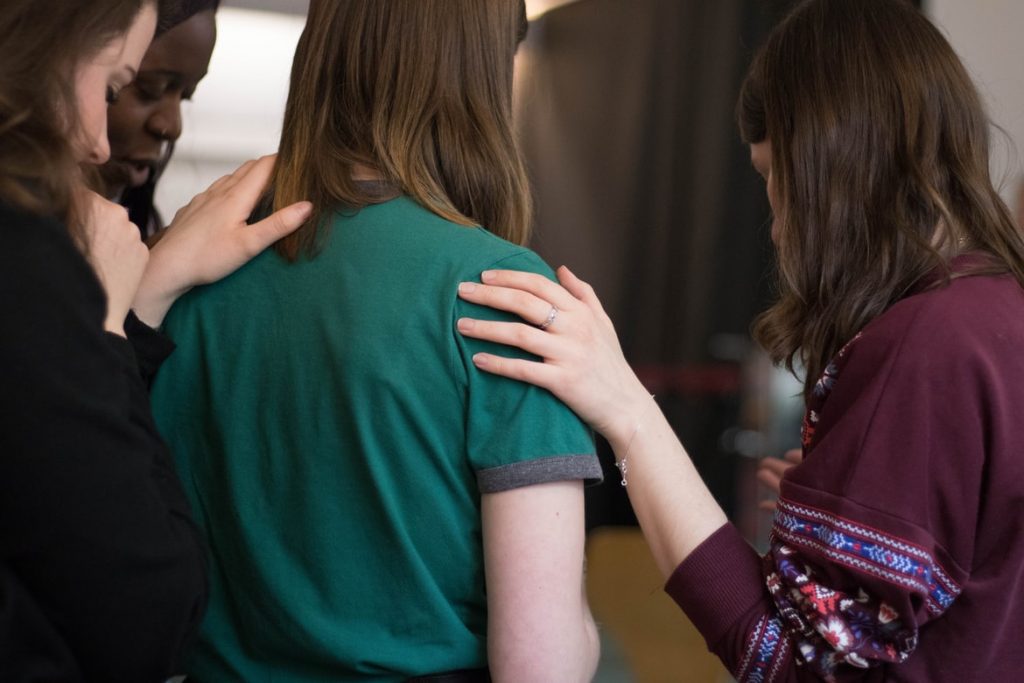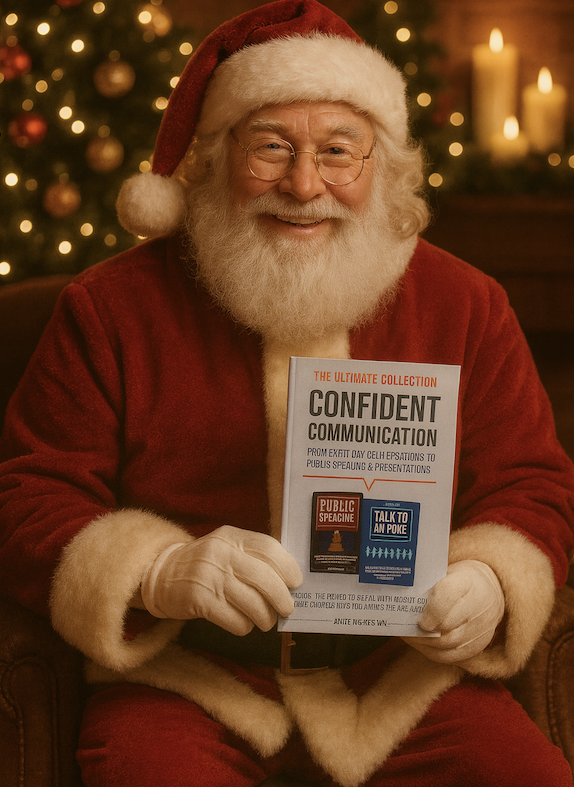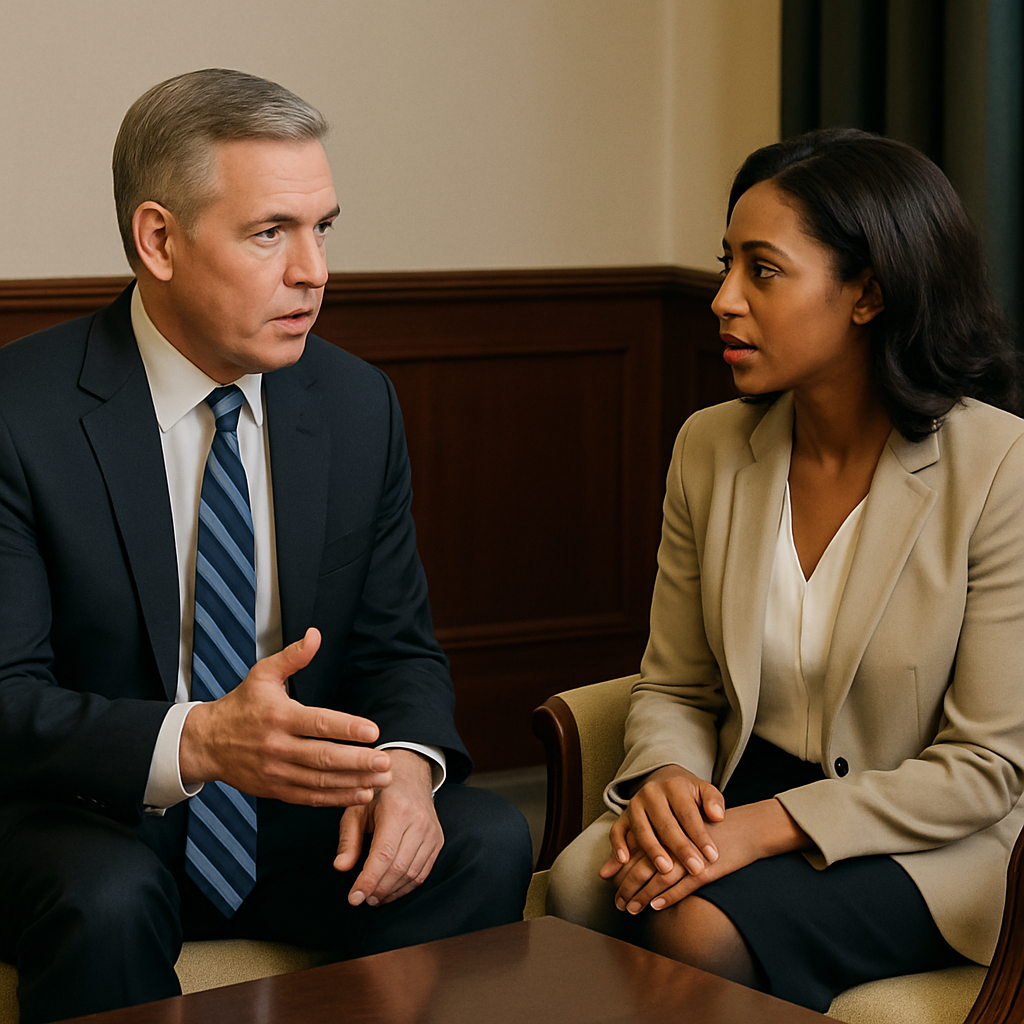The first sentence in M. Scott Peck’s book, The Road Less Travelled is “life is difficult.” I remember feeling a sense of relief when I first read this – because, for years, I thought I was the only person in the whole world who found the daily grind challenging.
I used to think there was something wrong with me because I found life difficult. I worried about my work and stressed about my kids. I was anxious about financial security and concerned about the future.
I remember feeling depressed when my babies were born. It was such a shock. I had been a successful career woman, but now I was at home crying all the time – why couldn’t I cope? Of course, my hormones were out of balance, sleepless nights were common, we lived overseas, and I had no family support. I felt alone, overwhelmed, and exhausted. My husband was working 10 hours a day and feeling the pressure of supporting his young family.
What I know for sure is that stress and mental health issues are not selective – they can affect anyone at any time. We have all seen it even more in the past two years with lockdowns, relationships struggling and businesses floundering.
In my work I see people striving to overcome challenges all the time and that led me to create this quote: “Life is difficult for most people, most days – just in different ways!”
Thank goodness attitudes have changed and people feel less ashamed and more open to talking about their struggles; show their vulnerability and reach out and ask for help. We need to be there for one another, it’s too hard to do everything on our own. I want you to know that I am here for you.
I have recently been accredited as a “Real Mate” mental health peer supporter by Heart On My Sleeve. A social movement and mental health services provider founded by Mitch Wallis a courageous young man who stepped up spoke up and showed up to lead the way for others by sharing his struggle and his story and inviting them to do the same.
The “Real Mate” course teaches people how to host safe, impactful, and helpful conversations as a supporter of someone in emotional distress. Allowing them to open up and admit that at the moment, for them, life is difficult.
Often when people are struggling, they just want to be heard and understood. They are not looking to be coached or cajoled. They are looking for someone to listen and acknowledge their pain. We are often eager to offer advice or tell them what we would do but what I learned through this program is the skill of truly listening, empathising, asking questions to explore the real reason behind the person’s despair, and letting them know that they are not alone. We mustn’t underestimate the healing power of genuine concern and connection.
A mind is a powerful tool that can either help or hinder our progress. If the story we are telling ourselves is one of not being loved, or not being good enough, or being odd, or out of control or life being so difficult we can’t go on, then we need to change that narrative because science has proven that we get what we focus on.
I love the saying, “a problem shared is a problem halved.” And another great truth is “nothing changes overnight,” so give yourself (and others) time and space to modify thoughts, words, and actions. Most people know what they need to start doing or stop doing when life is difficult, and will often come up with their own solution after having the opportunity to share their story of sadness, fear, hurt, guilt (or other emotion).
Here are some of the things I do to encourage positive mental health in my own life:
- Daily meditation keeps me centered
- Positive affirmations drown out my negative self-talk
- Meeting with friends and having a laugh always lightens my load

- Adopting an open mindset helps me be flexible and avoid assumptions
- Breathing exercises assist me when needing to remain calm and focused
- Regular exercise (particularly kayaking and cycling) helps me burn off nervous energy
Here are some of my previous blogs for you to read:






